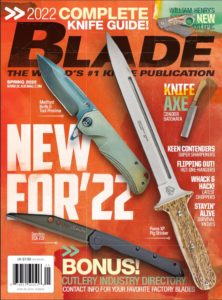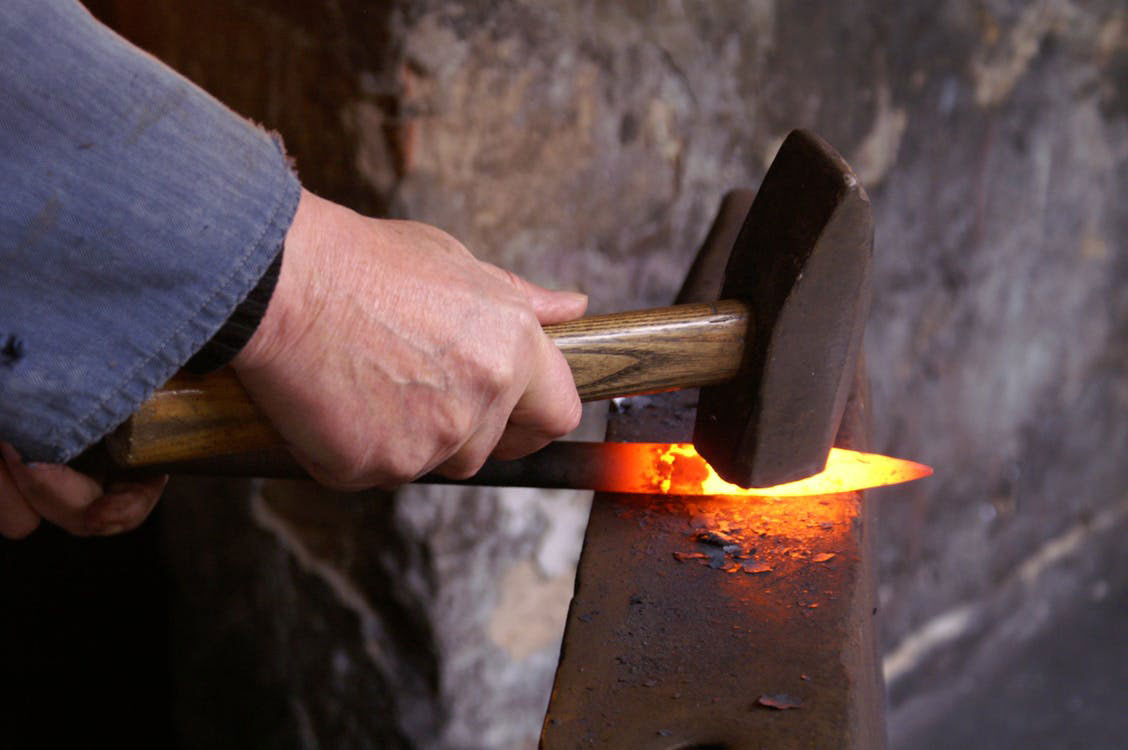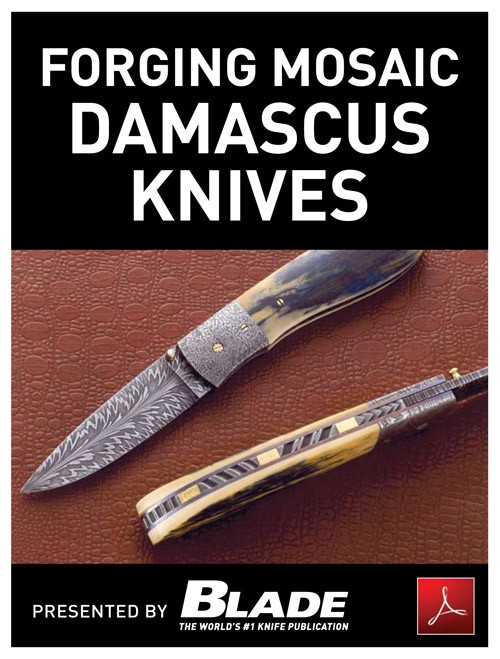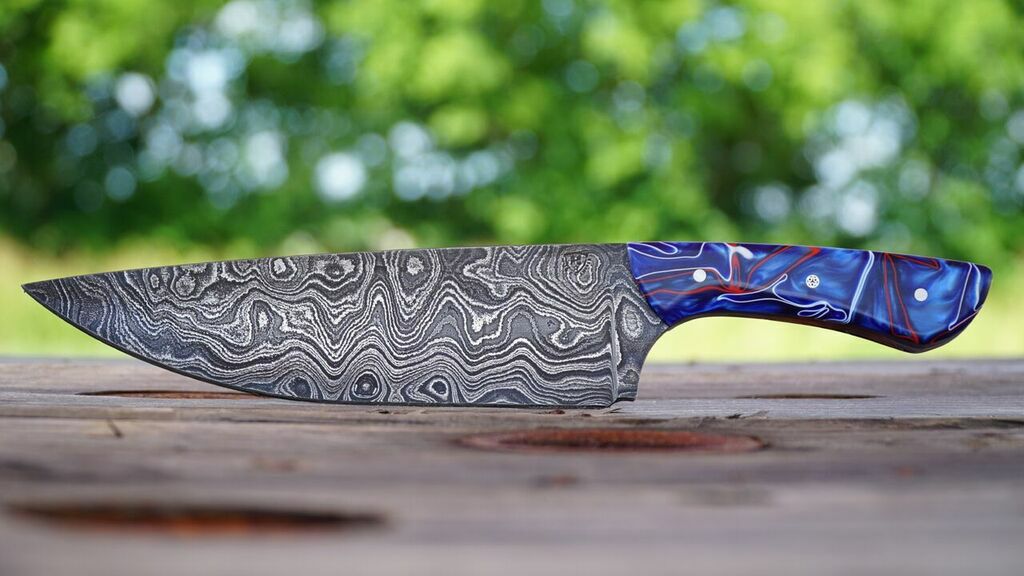

Knifemakers and knife companies based in the United States and elsewhere are scrambling to find a way to push back against new rules adopted this month by the Canada Border Services Agency.
The new rules prohibit assisted opening knives, automatics and any manual knife that can open by centrifugal force from entering Canada. The restriction doesn’t extend to the rest of Canada. It only impacts imports, as well as individuals or mail crossing into Canada.
As a result, knifemakers and knife companies not based in Canada can no longer offer most types of folding knives to Canadian customers. A more detailed summary is available from BLADE here.
Knife Advocacy Organizations Rally
Both Knife Rights and the American Knife & Tool Institute (AKTI), the two foremost knife advocacy organizations in the U.S., told BLADE they are examining options.
“I attended an AKTI board call last week where this very recent ruling was discussed. At this time, AKTI is working to understand more about it so a cogent response can be strategized and developed,” said BLADE Magazine Cutlery Hall-Of-Fame© member Les de Asis, CEO of Benchmade, in an e-mail to BLADE. “From what little I know, I expect this will be an ‘all hands aboard’ effort.”
It isn’t only the knife world in the U.S. reaching out to these organizations.
“I have gotten about a hundred emails and calls from Canadians about this,” noted Doug Ritter, chairman of Knife Rights. “I have offered to help with advice and such based on our experience if they put together a Canadian organization, but I can’t do it for them. Way too much to do just here in the U.S. So, no time, lack of resources, and quite frankly, it wouldn’t be taken well for a U.S. organization to come try and fix Canadian law. Bad idea.”
Restrictions Severely Limit Options for Canadian Enthusiasts
Neil Ostroff, owner of True North Knives, and someone who relocated to the United States from Montreal, told BLADE in an e-mail that his options for Canadian customers are now limited.
“Vendors outside of Canada, like me, will no longer ship any knives to Canada other than slip joint, lockback or fixed blade knives,” Ostroff said in an e-mail. “Even the old trick of tightening the pivot down by the shipper so the knife barely opens until the pivot is released by the buyer will no longer work.”
That’s because of how much leeway the CBSA can now use.
“In the law they can now go so far as to open the knife halfway and then flick it open, making it inadmissible,” Ostroff said. “Example: Chris Reeve folders. These cannot be flicked or opened by centrifugal force, but if the officer opens it halfway and flicks it, then it can be determined illegal.
“So any examiner will be allowed, by law, to make any legal knife a prohibited weapon.”
Canadian Knifemakers Impacted, too
If it sounds like these rules could insulate Canadian knifemakers from competition, few are making that case.
Brian Tighe, an award-winning knifemaker from Ontario, Canada, expressed frustration with how his international work will be shut down.
“This will impact the knives I have designed with CRKT. They are now prohibited weapons and can’t be imported into Canada. Bass Pro, etc., can sell what stock they have, but they can’t reorder,” Tighe told BLADE in an e-mail.
Tighe also runs Brian Tighe and Friends, a knife company based in Erie, Pennsylvania.
“We can’t import [those knives] into Canada unless they were shipped in pieces and assembled in Canada,” Tighe said.
An Exception to the New Rules? Not Really
Holders of a specific type of Firearms Business Licence (FBL) are exempted from the new rules. In theory, a knifemaker or knife company could obtain such a license. However, that’s not the case for those who tried to do so.
“No one in Canada has [that type of FBL] except RCMP [Royal Canadian Mounted Police] and cops. I tried to get one and there was no way,” Tighe said.
Ostroff agreed. “To get a Firearms Business License in Canada is almost impossible and no knife store will be able to do it,” he said.
There was similar confusion about this license outside Canada, too.
“There does seem to be an out for importers, distributors and retailers, but I have no idea what is required to get a license to import ‘prohibited weapons,'” Ritter said.
Could Canada Repeat U.S. Success?
If this scenario sounds familiar, it’s because a similar situation came about nearly a decade ago in the U.S. That led to an amendment of the 1958 Federal Switchblade Act.
However, there isn’t a Canadian equivalent to organized knife advocacy in the U.S.
“Whether the knife community in Canada can rally the resources is yet to be seen. They may not have quite the same level of influential friends in Ottawa,” Ritter said. “And, they also need to find someone to lead the charge; no small thing itself. It takes a huge commitment of time and effort and the right attitude. We [Knife Rights, AKTI and the U.S. knife industry] spent a small fortune in 2009. It takes a fortune. They will need to raise a ton of money.”
* Steve Shackleford contributed to this report.
 NEXT STEP: Download Your Free KNIFE GUIDE Issue of BLADE Magazine
NEXT STEP: Download Your Free KNIFE GUIDE Issue of BLADE Magazine
BLADE’s annual Knife Guide Issue features the newest knives and sharpeners, plus knife and axe reviews, knife sheaths, kit knives and a Knife Industry Directory.Get your FREE digital PDF instant download of the annual Knife Guide. No, really! We will email it to you right now when you subscribe to the BLADE email newsletter.







This is such BS. A knife is a knife: just because it can open like a bad guy does in the movies doesn’t make it any more dangerous than an unassisted knife.
I own a warehouse for my business, and when our employees aren’t around I have to do stuff myself. When I am up on a ladder trying to open one of our cases, I NEED a knife that can be compact and deploy easily. FOR MY SAFETY.
I had a knife that could open with centrifugal force and that was great, but I had just assumed it was discontinued. To find out the reason knives are all tight now is because of ridiculous legislation is beyond infuriating.